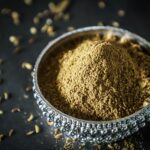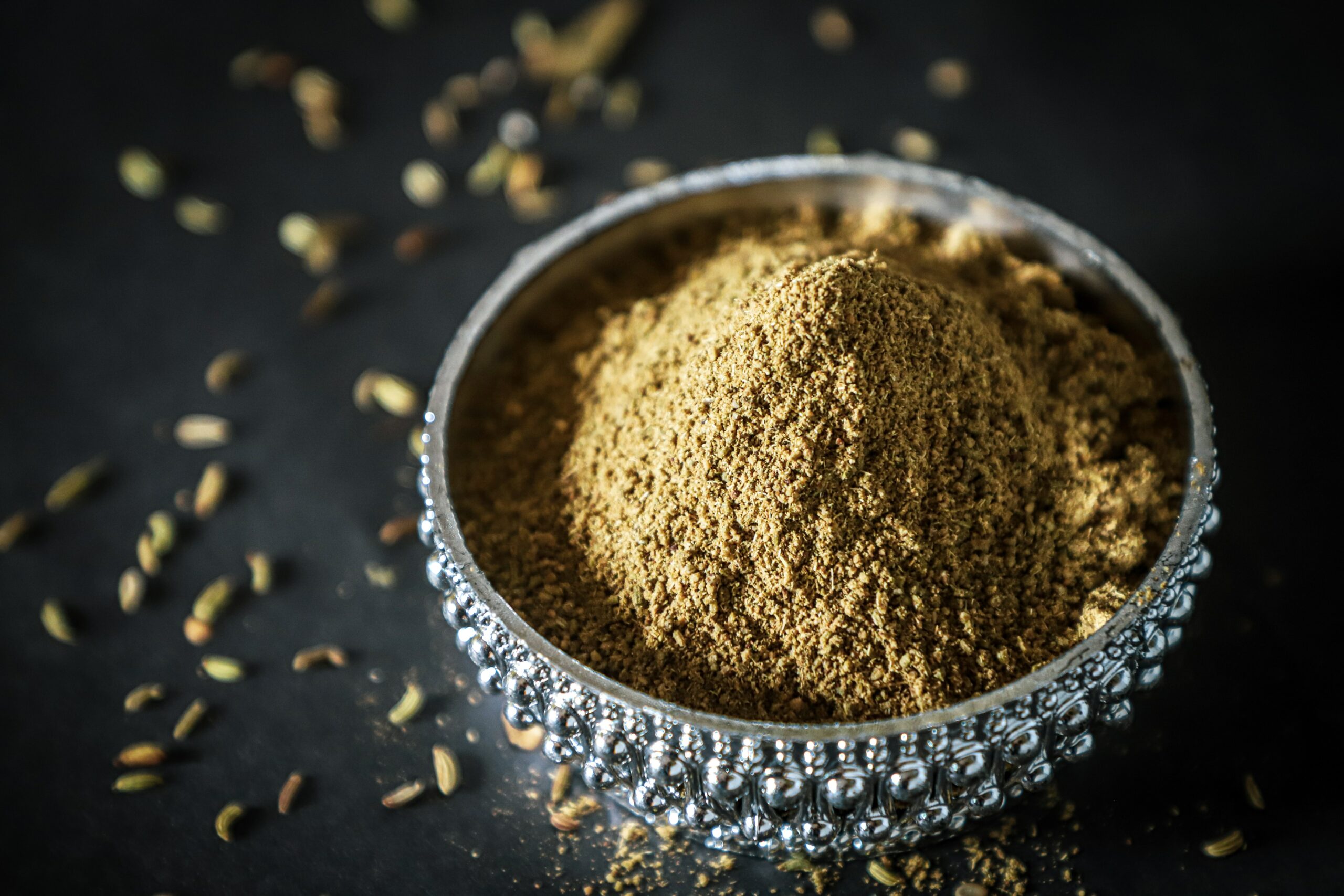What Is Ashwaganda?
Ashwagandha, a plant in the daisy family, is mostly used as an herbal remedy for fatigue, depression, anxiety and sleeplessness. It is marketed as a way to promote attention, cognition, memory, energy and mood.
Ashwagandha in Pali means “health”
What is Ashwaganda?
As we all know that the ashwagandha is one of the most traditional Indian medicinal plants with ancient, traditional and traditional medicines. It’s a herb which has a long tradition of usage in Ayurveda. The plant is very ancient, it’s a whole 50 million years old; however the use of the herb is over 10,000 years.
Ashwagandha is a herb that grows mostly in northern and western India, it is said that the best Ashwagandha grows in Kangra and Himachal Pradesh. The beneficial effect of Ashwagandha is due to the effect of Ajeet (Viperidin) which acts as the main constituent of the plant. Ajeet is found in the entire body of the Ashwagandha plant and is involved in many biological processes.
Ashwagandha is mainly used for improving the wellbeing and digestion in Ayurveda. Ashwagandha has many benefits which includes strengthening the human nervous system, protecting the cells of the body from oxidation, regulating blood sugar, modulating sleep quality, and many more.
Where Does Ashwaganda Come From?
Ashwagandha is a shrub native to China and India. Ashwagandha is a naturally occurring medicinal herb, used in traditional Indian and Chinese medicine, that has been prized by Ayurvedic practitioners for thousands of years.
Ashwagandha in Sanskrit means “harmony”
How is Ashwaganda cultivated?
Ashwaganda can be cultivated all over the world as long as it is in very good soil. Ashwagandha is a member of the Brassica family (cabbage family) and is related to such vegetables as cabbage, cauliflower, broccoli, turnips, broccoli rabe, bok choi and Chinese broccoli. It prefers an alpine environment, where conditions are temperate and it receives full sun. It is fairly cold hardy, growing well in light soils.
Ashwaganda (boswellia serrata) is a quick growing plant, typically reaching 20 to 30 centimeters tall. It is generally preferred as a ground cover plant, and you can take advantage of this growth by providing a growing medium of rich organic soil with plenty of organic matter (about 3 inches of organic matter per one cubic foot).
Is Ashwaganda in the Nightshade family?
Ashwagandha, and all members of the nightshade family, are actually toxic to humans.
Does Ashwaganda Calm the Nervous System?
Ashwaganda has a calming effect on the nervous system because it absorbs the cortisol produced by our body when we’re anxious, explains Avtar.
Avtar explains that when cortisol levels in the body are too high or too low, it can lead to the release of the body’s stress hormones, adrenaline and cortisol. This is when the symptoms of anxiety occur. This is what our ancient ancestors believed happened when an individual was stressed.
Ashwaganda’s reputation for calming the nervous system comes from its ability to relieve tension and anxiety as it prevents the levels of cortisol and adrenaline that can produce the symptoms of anxiety from increasing.
Can I Take Ashwaganda if I’m Allergic to Nightshades?
Ashwagandha, a potent adaptogen, has long been used in Indian medicine as a remedy for energy deficits and stress-induced illnesses. The leaf has been hailed for its ability to bolster the immune system and provide stamina. In ancient times, people would take ashwagandha root (it’s actually a large seed pod, but you can eat the whole thing!) as a tea or decoction, mixed into a cordial or as a powder with sugar, salt, and other flavoring agents.
Some users take it to promote weight loss, and in children, it has been associated with improved attention and focus. However, ashwagandha’s time in the spotlight ended when some of the supplements it was often mixed with were found to be contaminated with radioactive material.
In recent years, as ashwagandha’s health benefits have come to light, it has taken on a medical home in the U.S., though the active ingredient, ruddychaste, is still legal only in trace amounts. Some users of the herb claim it can help reduce chronic inflammation, improve stamina, regulate the brain’s neurotransmitters, enhance sleep, and improve digestion and mood.
For many people, ashwagandha’s ability to reduce inflammation may be its most valuable and well-studied benefit. Research has found that ruddychaste (or one of its formulae, including ashwagandha) can promote less inflammation than other herb remedies, and may even help keep your immune system in top form. In addition, one study found that ashwagandha helped the immune system cope with the harsh effects of chemotherapy, and some studies suggest that it may help the body handle a long-term stay in the hospital.


